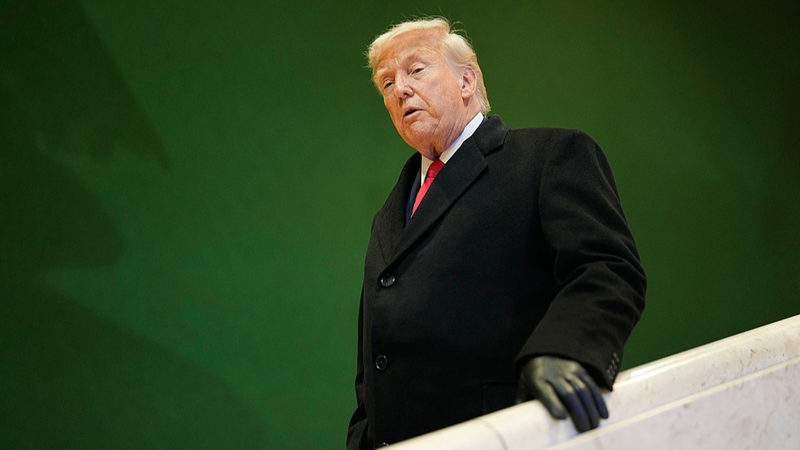Imagine getting a message from a top official—only to discover it was sent by an AI impostor! The U.S. State Department recently alerted diplomats about an incident where someone, tapping into advanced AI, posed as Secretary of State Marco Rubio and possibly other officials. 😮
The scam involved reaching out via text, Signal, and voicemail to at least three foreign ministers, a U.S. senator, and a governor. Although the attempt was described by officials as not very sophisticated, it has raised important questions about the misuse of emerging technology in political communication.
According to a cable sent on July 3 to all embassies and consulates, the department is closely monitoring the situation. "The State Department is aware of this incident and is taking steps to improve its cybersecurity posture," said spokesperson Tammy Bruce, emphasizing the commitment to protecting sensitive information. For now, there is no direct cyber threat, but caution is advised as information could be at risk if shared with third parties.
This isn’t the first time high-profile figures have been imitated using AI. A similar case emerged in May involving an impersonation linked to a previous administration official, highlighting the growing challenge of AI-driven scams in today’s digital era. 🔒
For tech enthusiasts and the youth keeping an eye on global trends, this incident is a reminder to stay cyber-aware. As AI continues to evolve, understanding its capabilities—and potential misuses—remains more important than ever.
Reference(s):
cgtn.com




